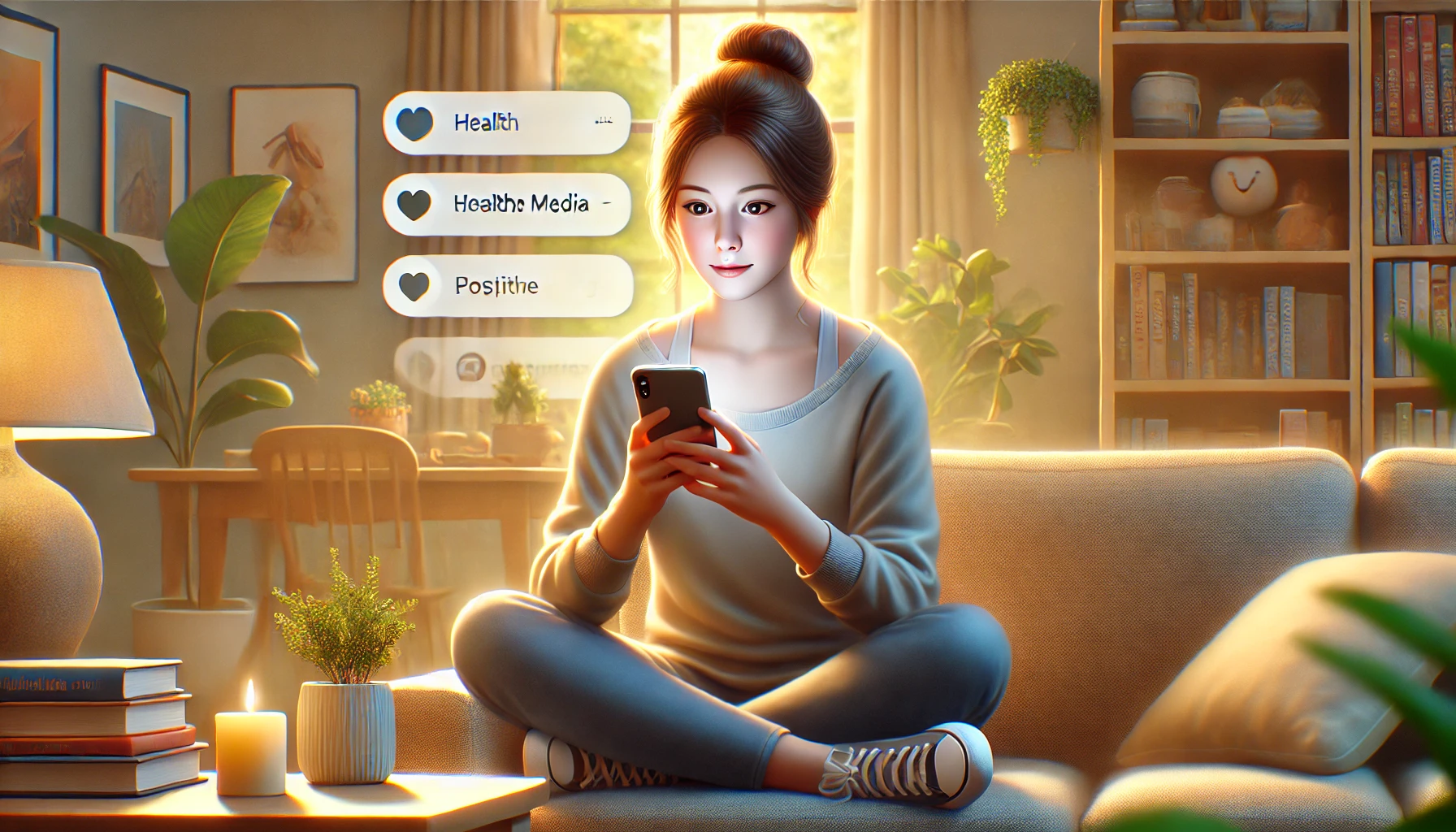Social media is a powerful tool that allows us to connect, learn, and express ourselves. However, excessive use can lead to stress, low self-esteem, and unhealthy comparisons. How can we enjoy the benefits of social media without letting it negatively affect our mental health? In this article, we’ll explore practical strategies to create a balanced and healthy relationship with the digital world.
Understanding the Effects of Social Media
Social media affects people differently. Some may feel motivated and inspired, while others experience anxiety and self-doubt. Key factors that influence how social media impacts you include:
- The type of content you consume
- The amount of time you spend online
- Your mindset when engaging with social media
- How much importance you place on likes, comments, and followers
By being mindful of these factors, you can take control of your social media habits instead of letting them control you.
Signs of an Unhealthy Relationship with Social Media
If you notice any of these signs, it might be time to reassess your social media use:
❌ You check your phone compulsively, even when you don’t have notifications
❌ You feel anxious or insecure after scrolling through social media
❌ You compare your life to influencers and feel “less than”
❌ You struggle to focus on tasks without checking social media
❌ You find it hard to enjoy moments without posting about them
Recognizing these signs is the first step in creating a healthier digital experience.
Strategies for a Healthier Social Media Experience
1. Set Time Limits for Social Media Use
Spending excessive time online can reduce real-life interactions and affect mental health. Try these tips:
⏳ Use built-in screen time trackers on your phone to monitor and limit usage.
📵 Set “no social media” hours before bed and after waking up.
🚫 Try a social media detox—take a break for a day, weekend, or even a week.
2. Follow Positive and Inspiring Accounts
Your feed should be a source of motivation, not stress. Unfollow pages that:
❌ Promote unrealistic beauty standards
❌ Make you feel insecure or inadequate
❌ Constantly post negative or toxic content
Instead, follow pages that:
✅ Share mental health tips
✅ Promote self-love and positivity
✅ Inspire you to grow and learn
3. Avoid the Comparison Trap
Social media often shows only the highlights of people’s lives. Behind every perfect picture, there are struggles you don’t see. Remind yourself that social media is not reality.
4. Prioritize Real-Life Connections
Social media is great for staying connected, but it should never replace real-world relationships. Make an effort to:
💬 Spend quality time with family and friends without distractions
📞 Call or meet people in person instead of just texting
🎉 Engage in offline hobbies that bring you joy
5. Stop Seeking Validation Through Likes and Comments
It’s easy to feel valued based on likes and follows, but real self-worth comes from within. Instead of chasing approval online, focus on:
🌟 Your personal growth and achievements
💡 Learning new skills and gaining knowledge
💛 Building strong and meaningful relationships
Final Thoughts: Social Media Should Work for You, Not Against You
Social media isn’t inherently bad—it depends on how you use it. By setting limits, following positive content, avoiding comparisons, and prioritizing real-life connections, you can build a healthier relationship with social media.
Take control of your digital experience and make social media a tool that empowers, rather than drains, you.
